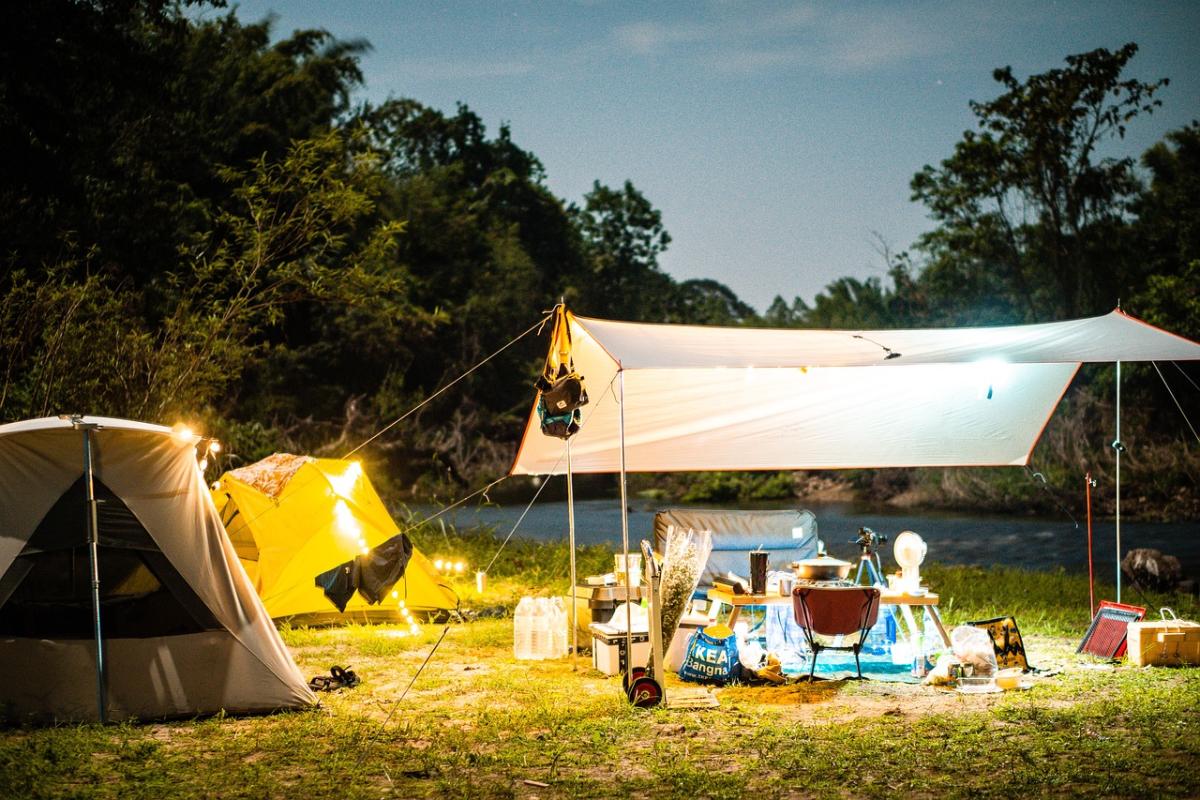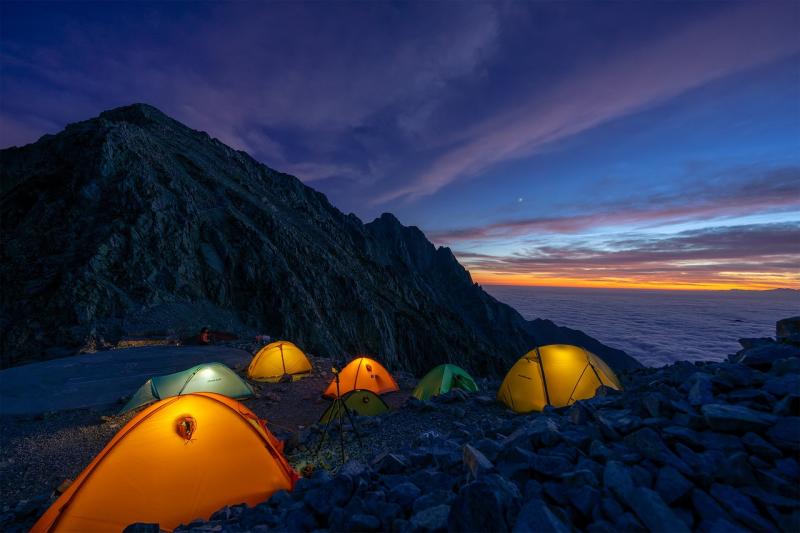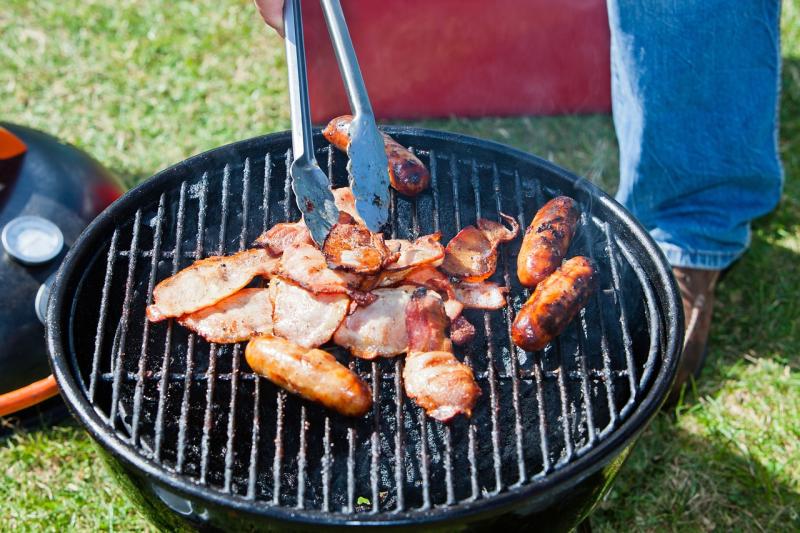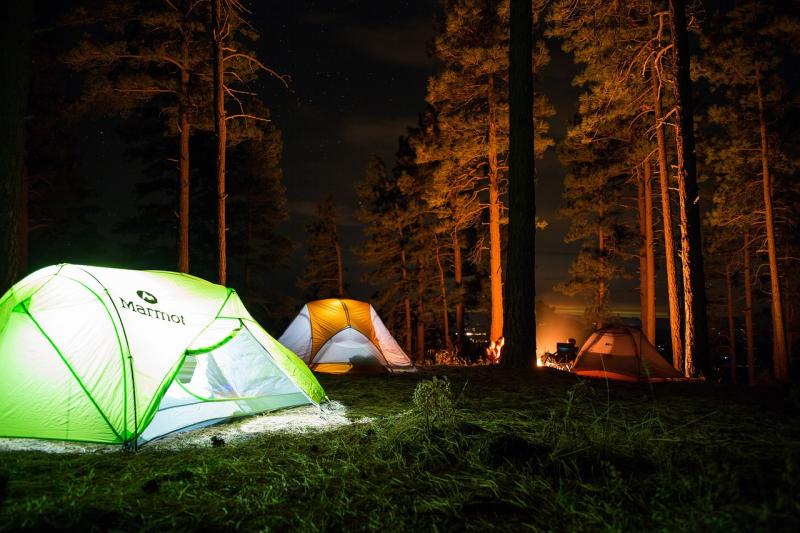When it comes to camping, having a reliable tent is crucial for a comfortable experience in the great outdoors. The right tent can protect you from the elements, provide a good night's sleep, and serve as your home base for adventure. Choosing the perfect tent doesn’t have to be overwhelming; it’s all about understanding your needs and the conditions you'll face.
First, consider the size of your tent. Think about how many people will be sleeping in it. A two-person tent might feel cozy for two campers but can be restrictive for gear storage. If you have extra equipment, like sleeping bags or backpacks, it’s wise to opt for a larger tent. Additionally, consider a tent with an extra vestibule for added space to store gear outside of your sleeping area.
Next, think about the seasonality of your camping trips. There are tents designed for different weather conditions: three-season tents are versatile and suitable for spring, summer, and fall, while four-season tents are built to withstand harsh winter conditions. Choose a tent that matches the environment you'll be camping in to ensure you stay dry and comfortable regardless of the weather.
Don’t forget about the weight of the tent, especially if you plan on hiking to your campsite. Lightweight tents are easier to carry but may come with trade-offs in durability. If you're going car camping, weight may not be as critical a factor, but for backpackers, seeking a balance between lightweight materials and sturdiness is essential.
Lastly, always practice setting up your tent at home before heading out. Familiarizing yourself with the process will save you time and frustration in the dark of a campsite. Bringing along a footprint or ground tarp can also protect your tent from rocks and moisture. With careful consideration, you’ll pack the perfect tent for your camping adventures!
Choosing the Right Sleeping Bag
When selecting a sleeping bag, pay attention to the insulation type. There are two main types: down and synthetic. Down sleeping bags are lightweight, packable, and offer excellent insulation, making them a favorite among backpackers. However, they can be pricey and lose their insulating properties when wet. On the other hand, synthetic insulation is generally more affordable, dries more quickly, and retains warmth when damp. This makes synthetic bags a good choice for wet conditions or budget-conscious campers.
The temperature rating of a sleeping bag should also be on your radar. This rating indicates the lowest temperature at which the bag will keep the average person warm. If you plan to camp in various seasons, consider a bag with a lower temperature rating or invest in a seasonal sleeping bag. Additionally, look for features like zippers, hoods, and draft collars, which can add extra warmth and comfort during cold nights.
Finally, think about the shape of the sleeping bag. Mummy bags are snug and offer maximum heat retention, while rectangular bags provide more room and versatility. If you tend to move around a lot in your sleep or want to use the sleeping bag for lounging, a rectangular shape might be a better fit. Assess your personal preferences and needs to choose the perfect sleeping bag that will keep you cozy and well-rested during your outdoor adventures.
Must-Have Cooking Essentials
When it comes to camping, having the right cooking essentials can elevate your outdoor dining experience from basic to delightful. To ensure you’re well-prepared, here are some must-have cooking tools and utensils that every camping chef should pack in their gear.
First on the list is a reliable camping stove. Whether you prefer a compact propane stove or a wood-burning option, having a portable cooking source allows you to whip up meals no matter where you set up camp. Pair your stove with a sturdy set of pots and pans; non-stick options are great for easy cleaning, while a cast iron skillet adds versatility and durability.
Don’t forget the utensils! A set of durable cooking utensils, including spatulas, tongs, and a ladle, can make meal preparation seamless. A multi-tool with a built-in can opener is also a smart addition, as it saves space and provides additional functionality. For serving and eating, bring along a set of lightweight, reusable plates, bowls, and cutlery.
Lastly, pack a cooler to keep your perishables fresh and drinks cool. Choose one with good insulation and easy access features. This will allow you to enjoy delicious meals throughout your trip, from refreshing salads to warm soups on chilly nights. With these essentials in tow, you'll be ready to savor every moment of your culinary adventures in the great outdoors.
Safety Gear for Outdoor Adventures
When planning your next outdoor adventure, safety should be at the forefront of your mind. Having the right safety gear can make all the difference during your camping trip. First on the list is a high-quality first aid kit. Make sure it includes essentials like band-aids, antiseptics, gauze, and any personal medications you may need. It's also a good idea to familiarize yourself with basic first-aid procedures, so you're prepared in case of emergencies.
Another key piece of safety gear is a reliable means of navigation. While paper maps and compasses are traditional, a GPS device or a smartphone with offline maps can be incredibly useful. These tools not only help you find your way but also keep you aware of your surroundings, which is crucial when exploring unfamiliar terrain. Always double-check that your devices are fully charged, and consider bringing extra power sources.
Don’t forget about protective clothing and gear. A well-fitted helmet is essential for activities like biking or climbing, while sturdy footwear will keep your feet protected and comfortable on hikes. Layering your clothing helps you adjust to changing weather conditions, ensuring that you stay warm when it's chilly and cool when the sun is out. Waterproof jackets and pants can be lifesavers in unexpected rain, keeping you dry and happy during your adventures.
Lastly, a portable emergency whistle can be a vital piece of safety equipment. If you're in a situation where you need to signal for help, a whistle can carry much further than your voice. Additionally, a multi-tool or survival knife can be indispensable for various tasks, from setting up camp to preparing food. By packing these essential safety items, you’ll be well-equipped and ready to tackle the great outdoors with confidence.



